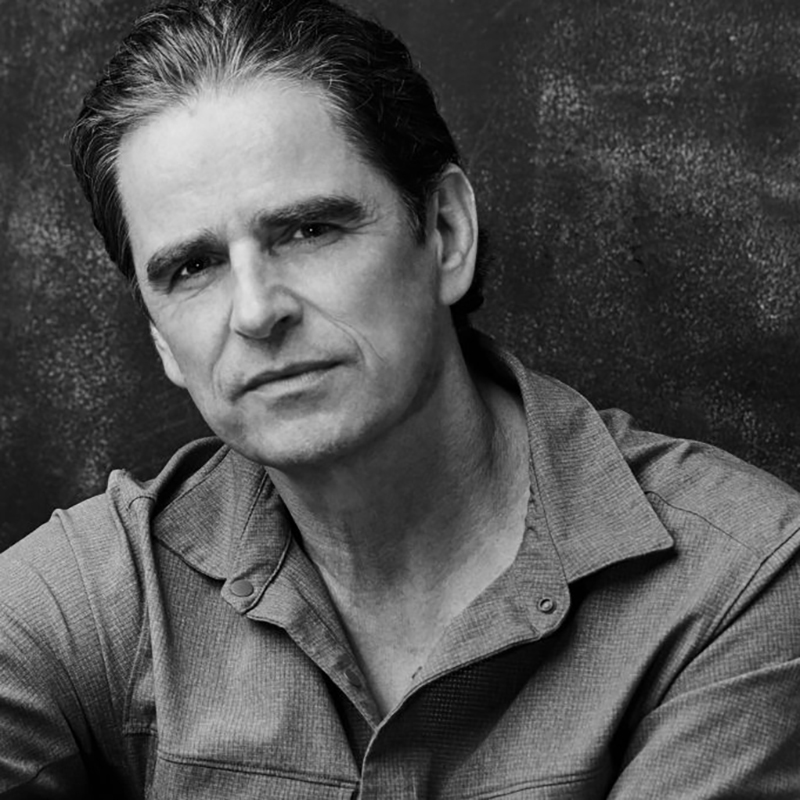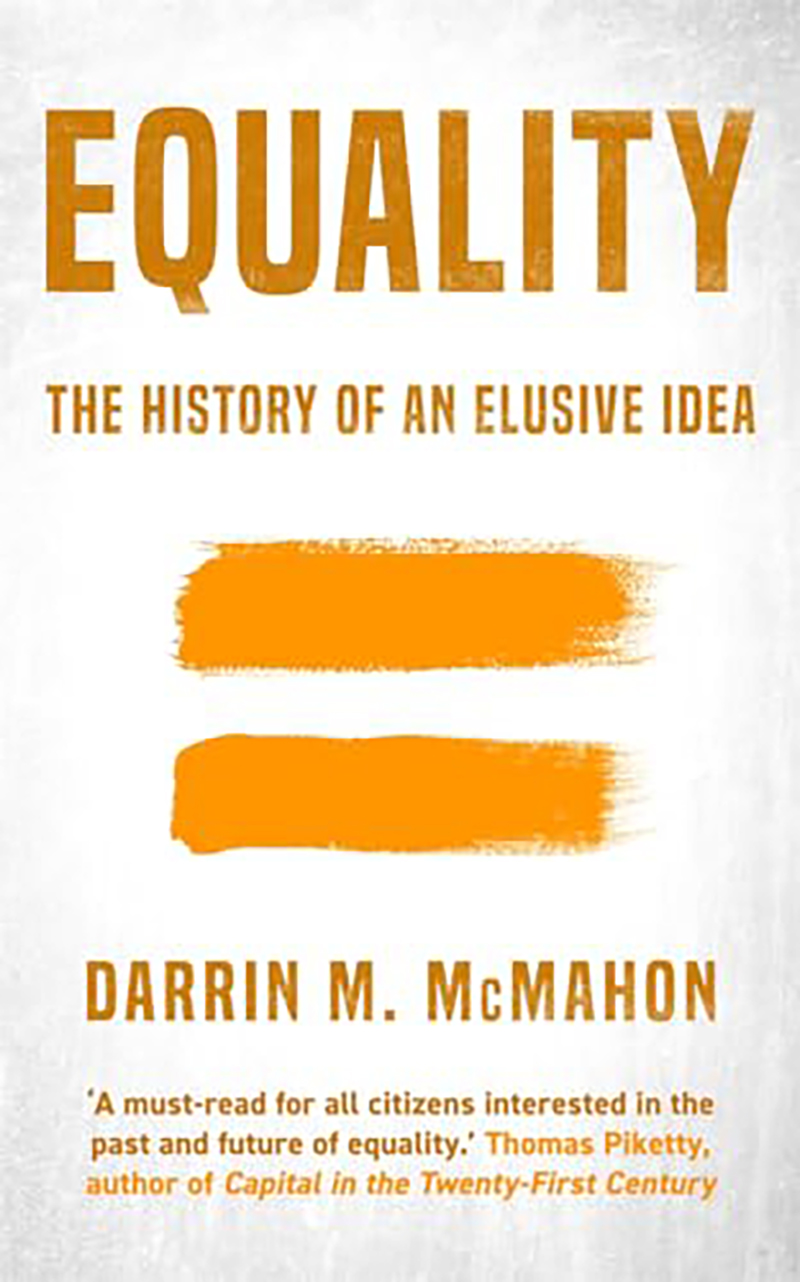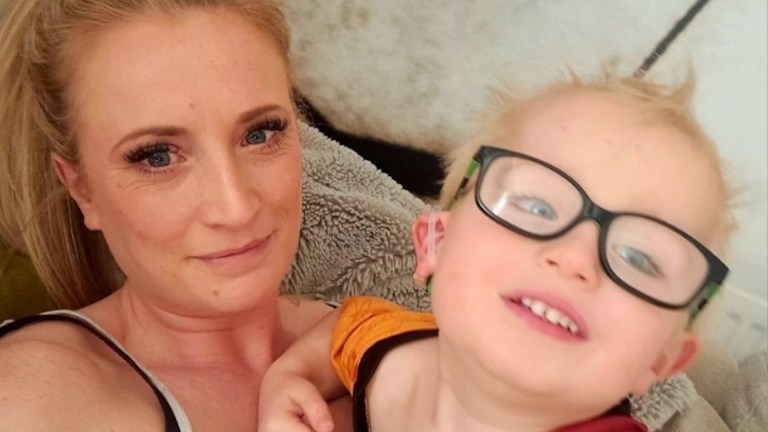I think capitalist economies are better at equality of opportunities. But they care less about equality of outcome, clearly. There was a good run in the 20th century, in the UK and the United States and other prosperous countries in the global North, where we saw a shrinking of income and wealth inequalities. There were many reasons for that; a key one being the political will of citizens who were happy at the time to pay higher taxes and have wealth redistribution.
Growing up in California in the 1960s, that gave me the sense that things were headed towards equality at all levels. We began with legal equalities, then came forms of social equality, and we were then heading towards a greater economic equality. We had a faith that everything was heading in the right direction but these days that faith is much harder to sustain.
Looking back, it was a privileged, wonderful belief to have but it was a kind of naive one as well.
What went wrong?
This rise of neoliberalism in the late ’70s and ’80s, with Reagan and Thatcher coming to power. That’s had a major effect to this day. We began to see bigger spikes in wealth inequalities in those prosperous countries. But at the same time, global inequality started to shrink for the first time since the 18th century, with many countries from outside of the global North getting slowly richer. Still now, the economic growth of China, India, Brazil, Indonesia and others has shrunk the gap on the global stage.
But is it still unequal within those newly rich societies?
Advertising helps fund Big Issue’s mission to end poverty
Yes, we are still seeing a disproportionate amount of wealth going to the top 1% in those places. Which leaves us in a place where that wealthy elite across the globe have more in common with each other than they do with people in their own communities.
Whether they come from the UK, China or wherever, they fly around on their private jets, see each other on their yachts at all the same places and have little or no understanding of the poor in their own societies. We are seeing the rise of a global elite similar to the one that existed prior to the industrial revolution.
Get the latest news and insight into how the Big Issue magazine is made by signing up for the Inside Big Issue newsletter
The world is a pretty competitive place. How much do we really want to be equal?
Human beings are profoundly torn about equality, that’s part of our nature. We are like our cousins, the great apes. Scientists measure this by observing humans and seeing that we quickly seek to assess each other’s status and bearing as soon as we meet. And we seek domination. We’re obsessed with our place, our rank and so forth.
But at the same time, we’re also creatures who are moved by sympathy, altruism and a sense of reciprocity. We’re unique in that respect. I mean, human beings are creatures who will stop at the side of the road and help an accident victim at the peril of one’s own life. For no other reason than simply just to help a fellow human being. No other animals do this kind of thing.
Advertising helps fund Big Issue’s mission to end poverty
Might technology help us to achieve equality?
That was [John Maynard] Keynes’s dream, wasn’t it? That advancements in technology would enable us to use our time and energy for more enjoyable things than the production of goods. But it hasn’t worked out that way yet. Instead, we have seen a worrying concentration of knowledge in a few hands, thanks to tech. The likes of Google and Amazon own so much information and knowledge now, and knowledge is power. There is definitely a growing inequality of access to knowledge that is frightening. To me, you don’t even have to read 1984 any more. I mean, Big Brother is right here on my phone surveying everything that we talk about right now.
Are social and cultural inequalities just a distraction?
There is a certain leftist narrative that suggests material inequalities are the only issue that matters but I don’t agree. I think identity politics are very important. But while there have been great strides made in racial, sexual and gender equality, this has all been in the context of extreme economic inequality. In America, our democracy is very much under threat right now and the idea that economics has nothing to do with that, I think is just naive. Pools of resentment have been created in society by growing inequalities and they feed the search for solutions outside the box. And Trump offers those.
Have you seen any convincing solutions to all of this?
Not really. I wish I could be more optimistic. But you know, on the other hand, I’d like to remind people, in the golden era that Trump loves to talk about, the 1950s, we had tax rates of 90% in the United States. People have totally forgotten that. It might seem politically untenable now, but it doesn’t mean that it can’t be popular again. I’m not arguing for 90% taxation but maybe something more in the direction to help to preserve a community that has something in common. To me, that’s a good deal. But you need the political will and that comes from a social will.
Advertising helps fund Big Issue’s mission to end poverty
What might bring that about?
War is terrible in so many ways, but it’s actually good for inequality, because it leads to capital destruction and massive death which drives up labour costs. And so there’s a way in which war is one of the drivers, as are massive pandemics. They actually lead to greater equality. So all these things come together in conjunction with a kind of wartime solidarity, a postwar political will to use the state to engineer greater equality. And it works. We saw it in the UK and US, especially from the period of 1914 to the 1970s. In many ways I think that era is the great example of relative equality.
Equality – The History of an Elusive Idea by Darrin M McMahon is out now (Ithaka, £35).You can buy it from The Big Issue shop on Bookshop.org, which helps to support The Big Issue and independent bookshops.
This article is taken from The Big Issue magazine, which exists to give homeless, long-term unemployed and marginalised people the opportunity to earn an income. To support our work buy a copy!
If you cannot reach your local vendor, you can still click HERE to subscribe to The Big Issue or give a gift subscription. You can also purchase one-off issues from The Big Issue Shop or The Big Issue app, available now from the App Store or Google Play











